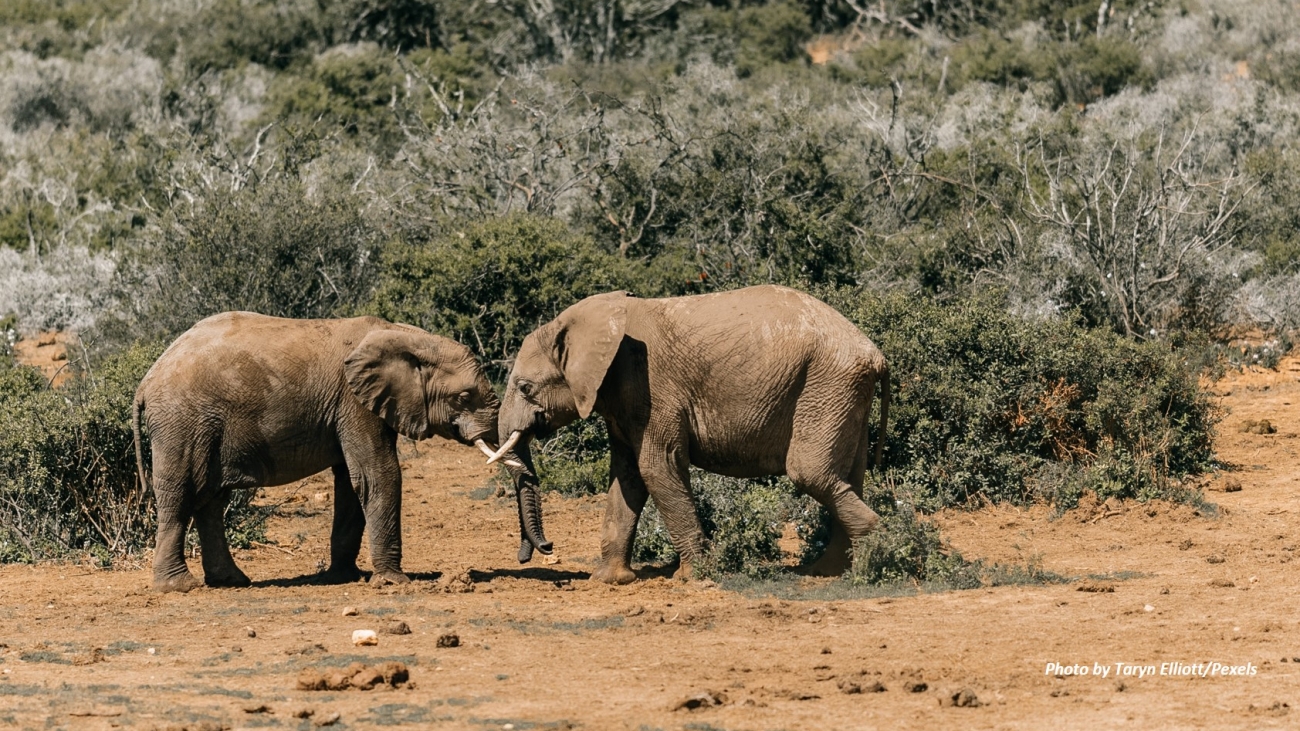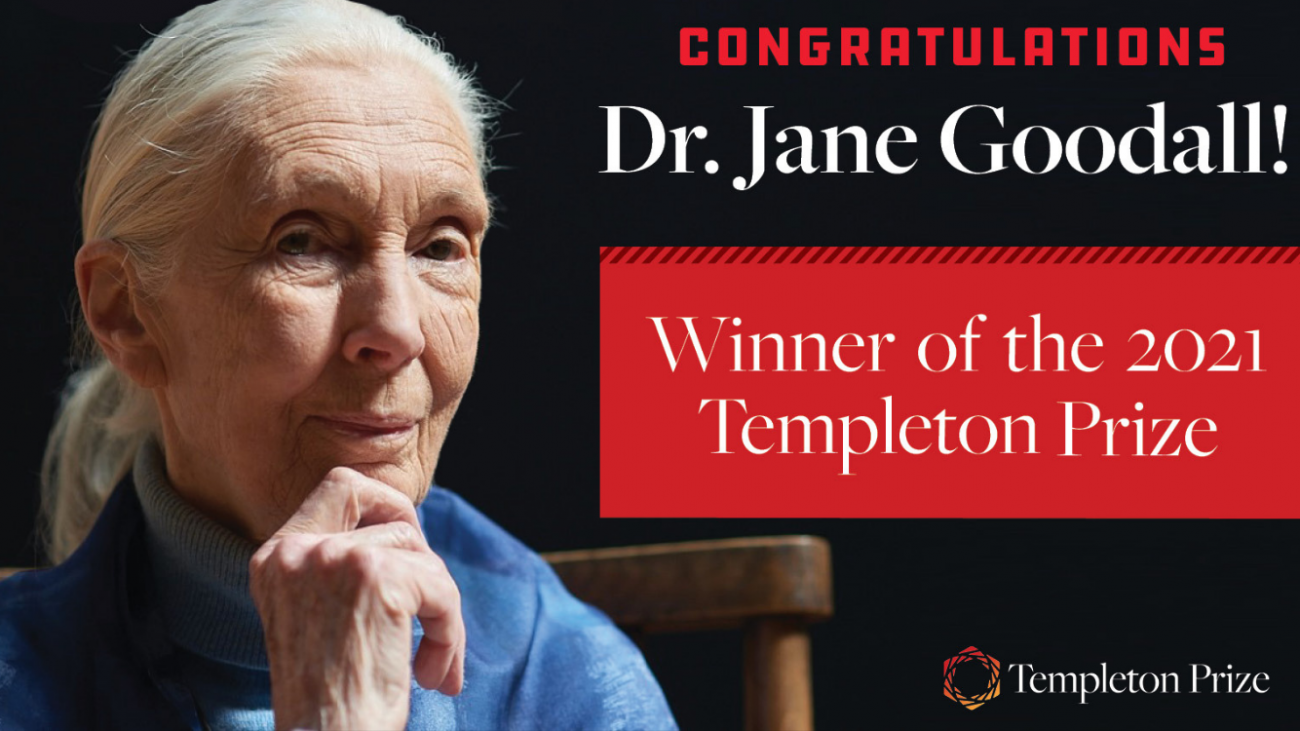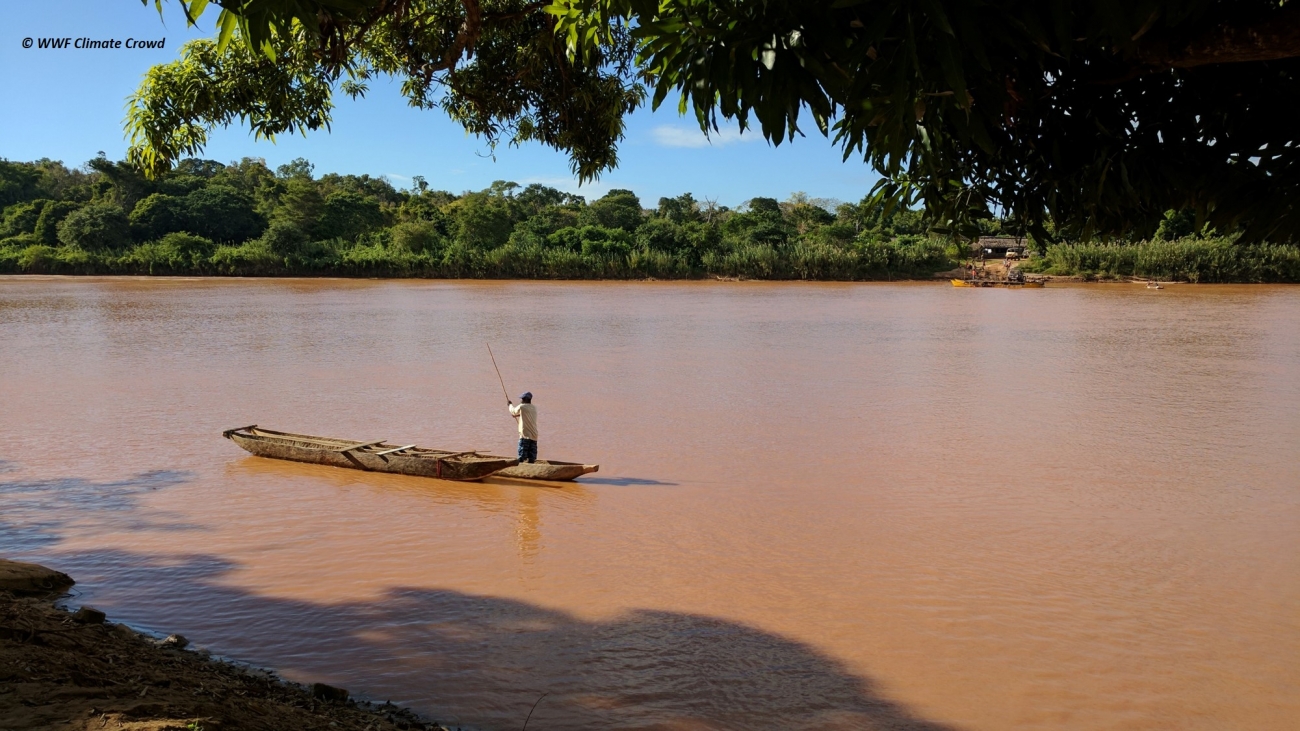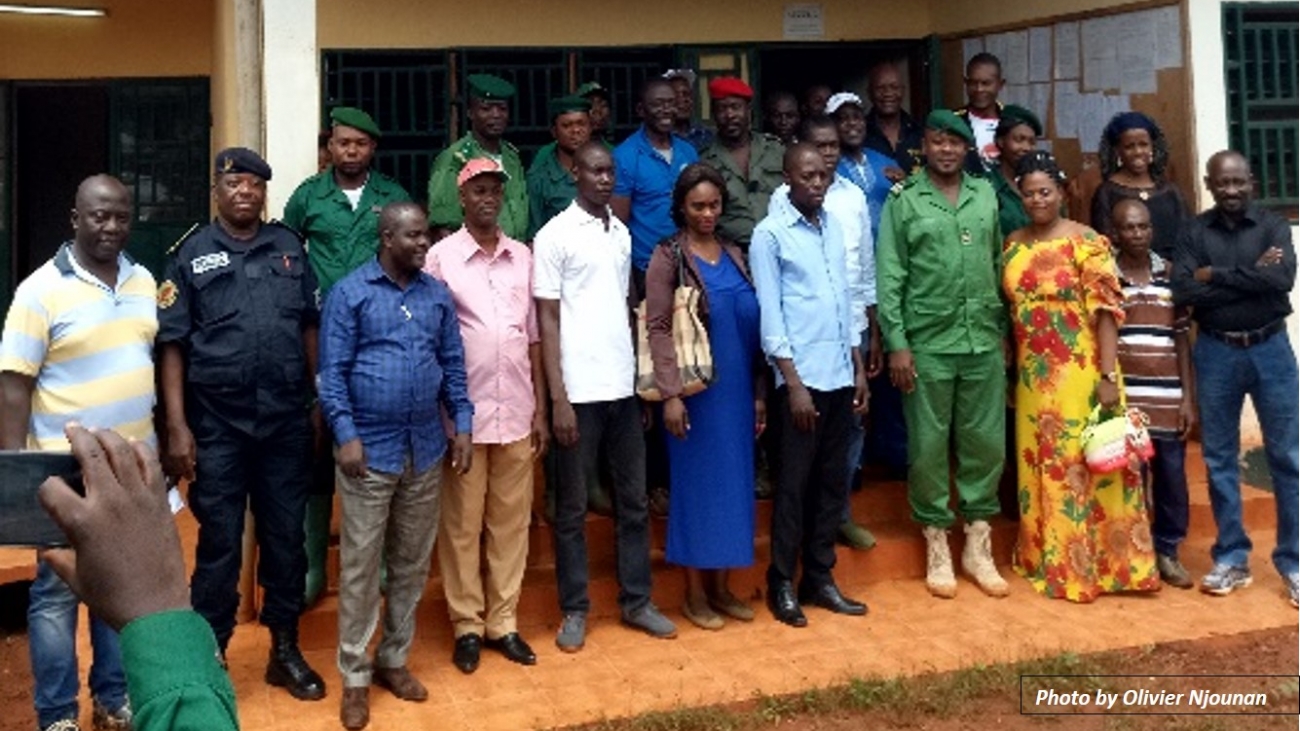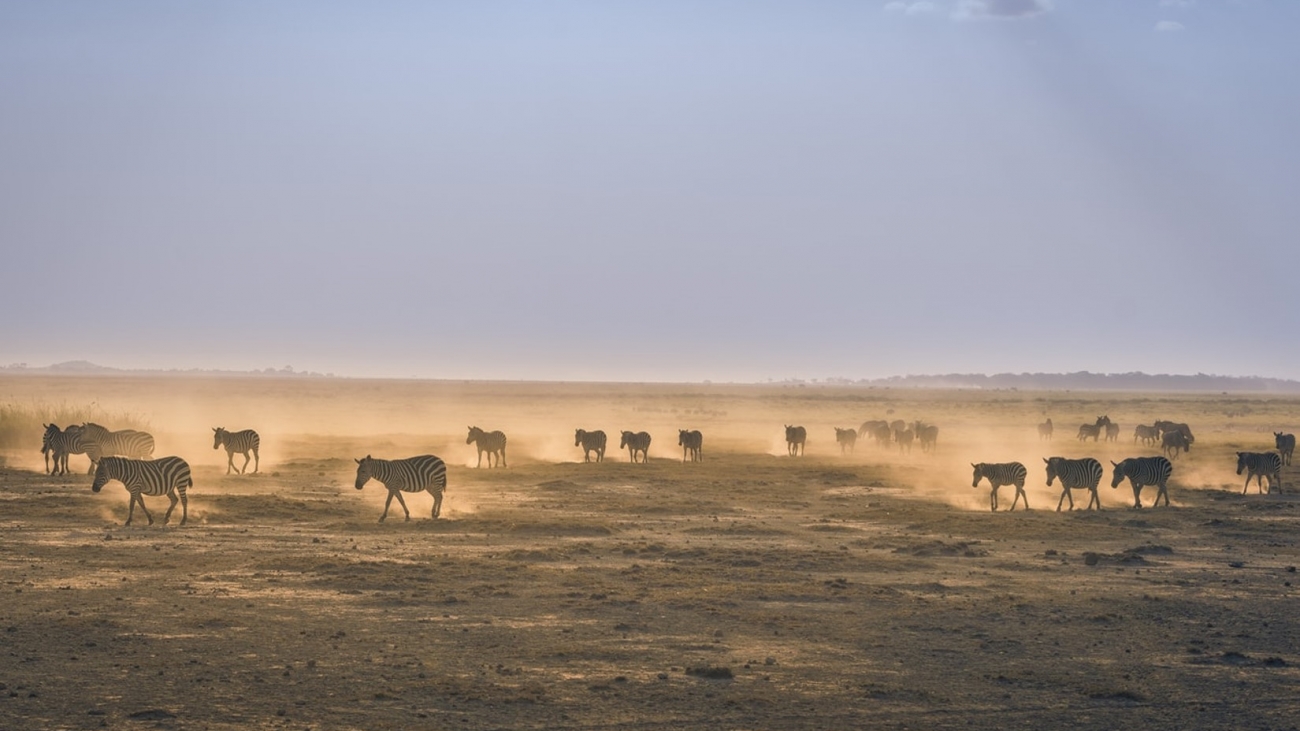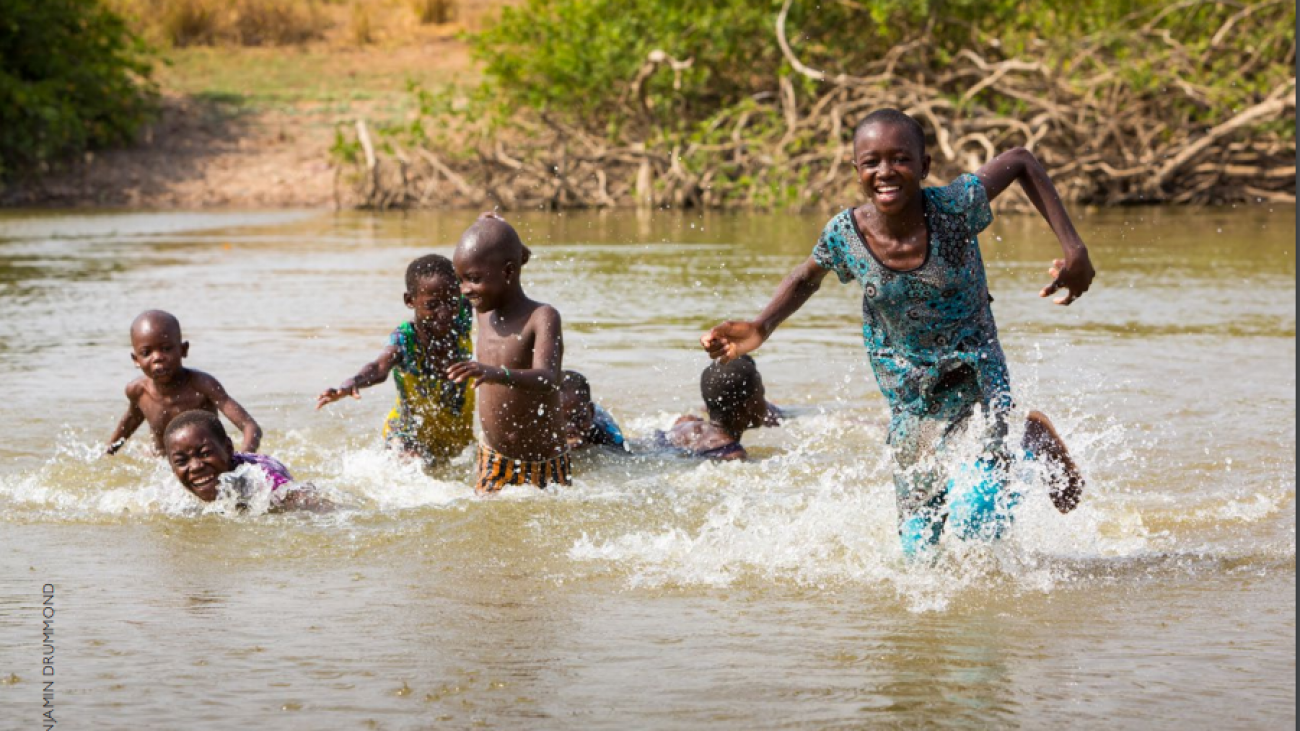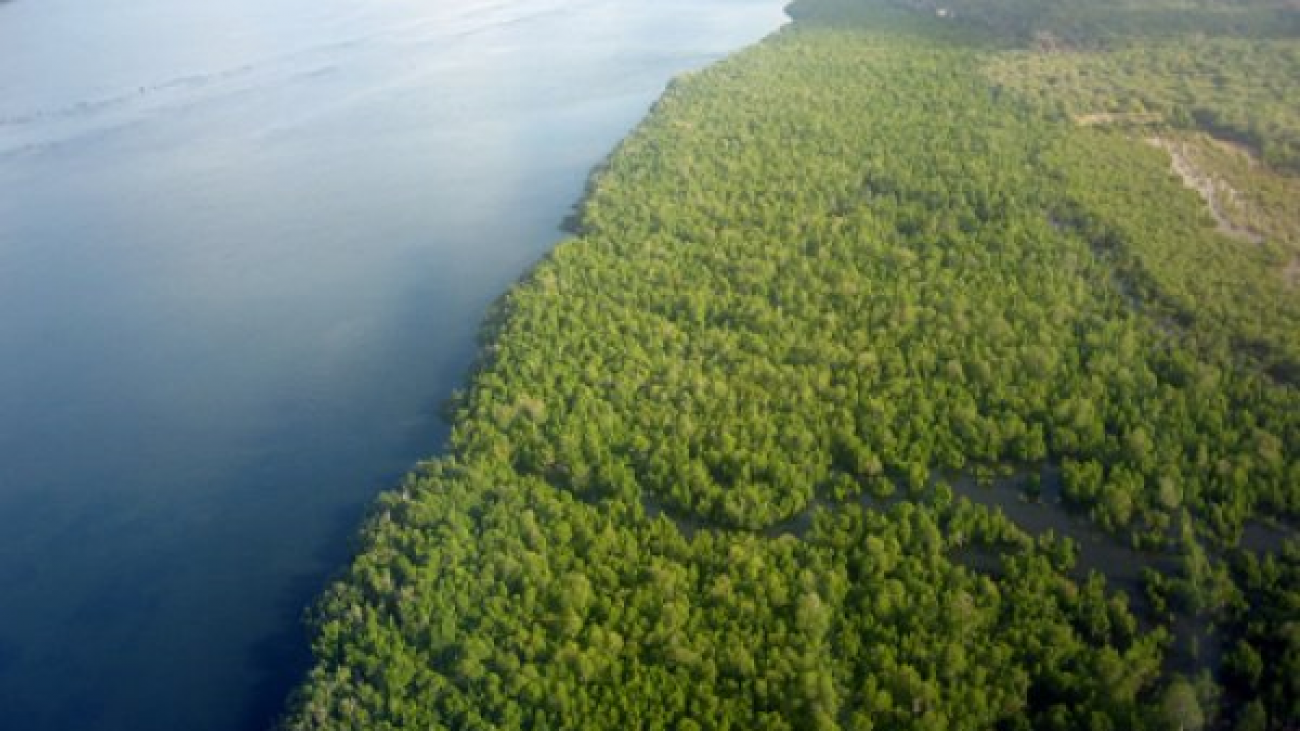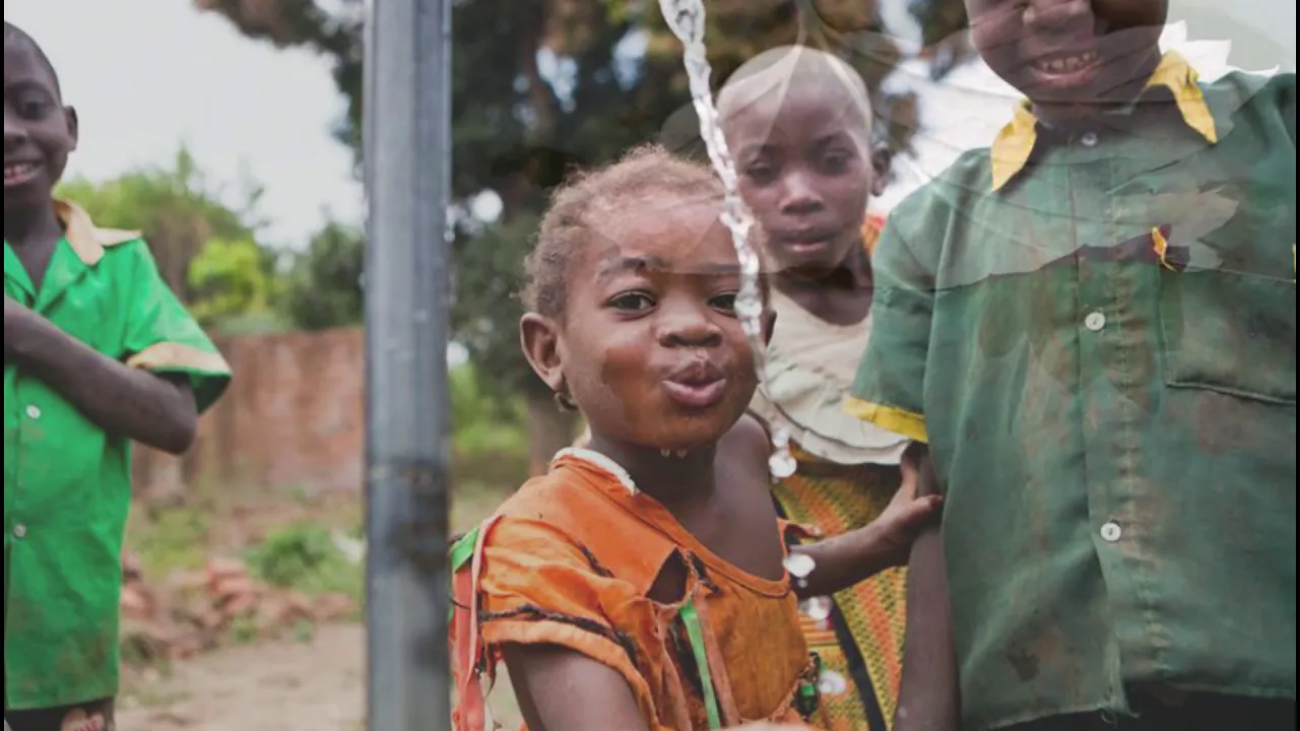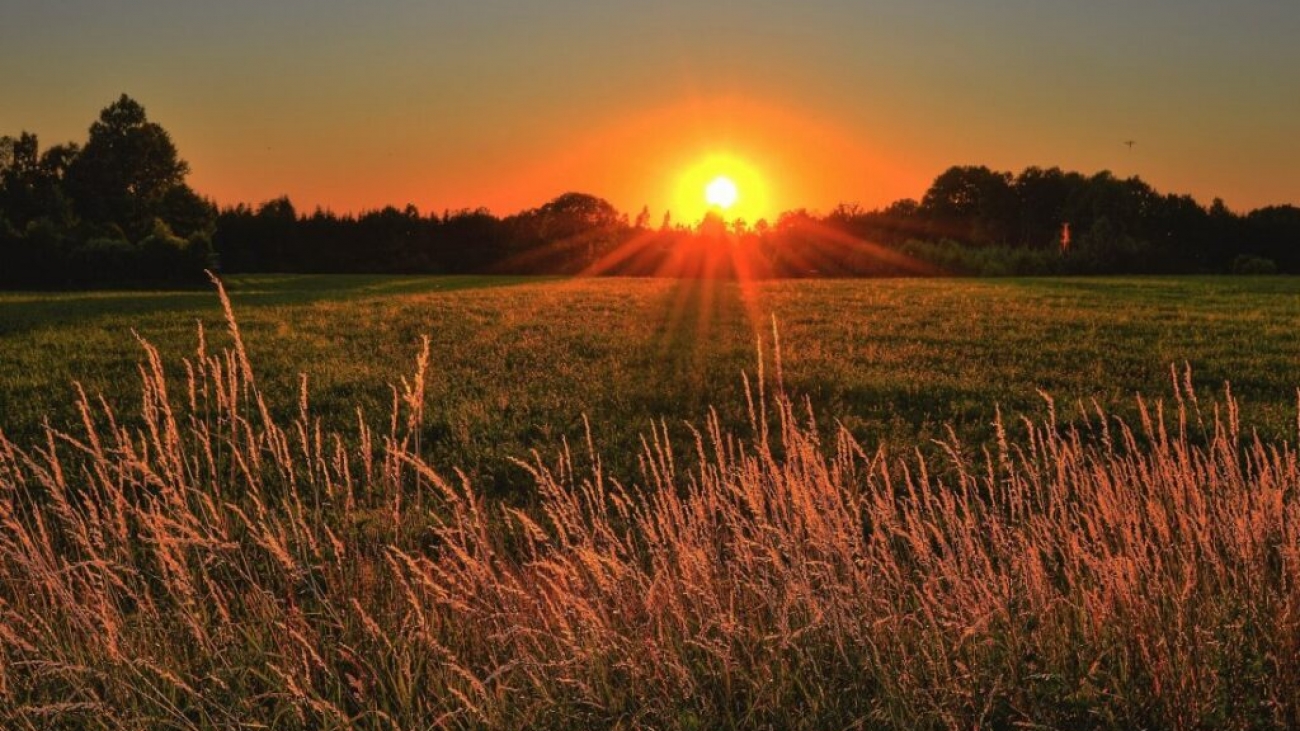The uncertainty that is caused by climate change has resulted in disruption of lives and livelihoods of many communities. Among the worst affected communities are communities whose livelihood is dependent in livestock, agriculture and fisheries. Farmers living near Victoria Falls in Zimbabwe’s Matabeleland North province whose livelihood is mainly dependent on crop production and livestock keeping are experiencing insufficient water and an increase in prevalence of pests.
Founder of ABCG Member Organization, the Jane Goodall Institute, Wins 2021 Templeton Prize
The naturalist Jane Goodall has been announced as the 2021 winner of the Templeton prize in recognition of her life’s work on animal intelligence and humanity. Goodall, 87, built her global reputation on her groundbreaking studies of chimpanzees in Tanzania in the 1960s
A New Phase of ABCG: Journey to Achieving Greater Impact for the Conservation of African Biodiversity
ABCG is moving into a new phase. We are building from past successes and developing a future for our organization that will allow us to achieve even more for the conservation of African biodiversity and remain a strong, sustainable organization.
To Realized Positive and Lasting Global Health Outcomes, Stakeholder Engagement in Key
One key lesson that ABCG learned at the onset of the Population Health and Environment project was that a difference of perception between actors involved in the activities caused differential levels of engagement. Therefore, one of the most important activity of the project is the mobilization of different stakeholder groups around the project. These mobilization events ensure sufficient and clear understanding of the project’s goals, specific project objectives and expected results.
Launch of the Africa Protected Areas Congress
The Minister of Environment for Rwanda Dr Jeanne d’Arc Mujawamariya and the Africa Protected Areas Congress Secretariat, on Tuesday 20 April 2021, launched the Africa Protected Areas Congress (APAC) in Kigali Rwanda. The APAC initiative, the first of its kind in Africa, will enhance the status of conservation in Africa by engaging governments, the private sector, civil society, indigenous peoples and local communities, and academia to shape Africa’s agenda for Protected and Conserved Areas to better deliver benefits for people and nature.
Water Means Building Resilience among Vulnerable Populations through Integrated Programming: World Water Day 2021
We join the rest of the world in marking World Water Day celebrated on March 22, 2021 by promoting integrated freshwater conservation and WASH (FW-WASH). This year’s theme on valuing water, raises awareness of the vital importance of water to safeguard human security and maintain the health of the planet’s ecosystems. ABCG is reducing watershed degradation and improving the health of freshwater ecosystems through linking freshwater conservation and water, sanitation, and hygiene (WASH).
World Wildlife Day 2021: Promoting Forest and Forest Management Models and Practices
Happy #WorldWildlifeDay. The 2021, World Wildlife Day theme is, Forests and Livelihoods: Sustaining People and Planet, that highlight the central role of forests, forest species and ecosystems services in sustaining the livelihoods of hundreds of millions of people globally, and particularly of Indigenous and local communities with historic ties to forested and forest-adjacent areas.
UNEP Launches a New Scientific Blueprint to Tackle the Climate, Biodiversity and Pollution Emergencies
On Thursday February 18, 2021 UN Secretary-General António Guterres and UNEP Executive Director Inger Andersen officially launched a new report, Making Peace with Nature by the UN Environment Programme (UNEP). The report was released ahead of the fifth UN Environment Assembly in an online press briefing.
In its official communication of the report, UNEP noted that, “this new report is a scientific blueprint to tackle the climate, biodiversity and pollution emergencies. It flags the interlinkages between our environmental and development challenges and describes the roles of all parts of society in the transformations needed for a sustainable future.
“The report, lays out the gravity of the three environmental crises – climate, biodiversity and pollution – by drawing on global assessments, including those from the Intergovernmental Panel on Climate Change and the Intergovernmental Science-Policy Platform for Biodiversity and Ecosystem Services, as well as UNEP’s Global Environment Outlook report, the UNEP International Resource Panel, and new findings on the emergence of zoonotic diseases such as COVID-19.” UNEP.

The COVID-19 pandemic and other global crisis have shown that human beings are dependent on nature to thrive and survive and that it’s in our best interest to protect nature.
While speaking at the launch of the report, UN Secretary-General António Guterres said, “the global economy has grown fivefold in the past five decades but at massive costs to the environment. Governments are still paying more to exploit nature than to protect it, spending 4 to 6 trillion dollars a year on subsidies that damage the environment. We need to transform how we view and value nature reflecting its true value in all our policies, plans and economic systems.
“The only answer is sustainable development that elevates the wellbeing of both people and nature.
“The report shows that we have the knowledge to live in harmony with nature. Bottom line is that we need to transform how we view and value nature.
Report foreword note by UN Secretary-General António Guterres:
This report provides the bedrock for hope. By bringing together the latest scientific evidence showing the impacts and threats of the climate emergency, the biodiversity crisis and the pollution that kills millions of people every year, it makes clear that our war on nature has left the planet broken. But it also guides us to a safer place by providing a peace plan and a post-war rebuilding programme. By transforming how we view nature, we can recognize its true value. By reflecting this value in policies, plans and economic systems, we can channel investments into activities that restore nature and are rewarded for it. By recognizing nature as an indispensable ally, we can unleash human ingenuity in the service of sustainability and secure our own health and well-being alongside that of the planet.
Read the report: Making Peace with Nature: A Scientific Blueprint to Tackle the Climate, Biodiversity and Pollution Emergencies, by UNEP
2020 Achievements, Lessons and Plans for 2021: ABCG Freshwater Conservation and WASH Task Lead Shares
In December 2020, the ABCG FW-WASH task lead, Colleen Sorto, who is also the director of development partnerships at Conservation International, shared a special year-end message reflecting on the year that was coming to an end, and the inspiring work that the task group is looking forward to in 2021. In the message, Colleen shared how the task group made significant progress in pushing forward for the integration of freshwater conservation and Water, Sanitation, and Hygiene (FW-WASH) despite the global challenges. In Uganda for example, a mandate was established at the district level to coordinate and create new tools so that water projects can both include consideration for WASH and environmental conservation. In South Africa, the task group received additional budget and funding for their activities from the district government because of the project intervention connection to WASH investment. Watch the 2 minutes video as well as read the transcript below:
Colleen Sorto year-end message
Hi, I’m Colleen Sorto, I’m the director of development partnerships based at Conservation International’s headquarters in the United States, I’m also the ABCG task lead for the theme on integration of freshwater ecosystem conservation and Water, Sanitation, and Hygiene, also known as WASH. Our task aims to improve the coordination between these two groups of the water sector (freshwater ecosystem conservation and WASH). Our work is focused on field demonstration of successful integrated models, educating community stewards and government champions on these connections, and advocating for policy funding or planning changes to enable integration at a larger scale.
Despite Covid-19, our task members still had some great achievement in 2020. In South Africa, the Conservation South Africa method of clearing alien invasive plants, which both support natural resource management strategies but also increase the availability of water, received additional budget and funding from the district government because of its connection to WASH investment.
In Uganda a mandate was established at the district level to coordinate and create new tools so that water projects can both include consideration for WASH and environmental conservation.
These achievements would not have been possible without our previous efforts with local communities to demonstrate what this looks like in practice.
In 2021, we are going to be releasing a lessons learned report that outlines additional learning from the advocacy process which we hope others in sub-Saharan Africa can benefit from as they also work to improve and promote integrated models of water resource management.
As this year comes to a close and we enter 2021, we sincerely hope to see more conservation and development practitioners adopt integrated approaches to protecting human and ecosystem health. And we hope that our work can continue to inform but also share with practitioners who are looking to grow the FW-WASH community of practice.
ABCG 2020 Highlights

2020 has been a challenging year globally. At the same time, it has provided an opportunity to reflect and envision new possibilities for the future of conservation in Africa and beyond. We have been reminded of the great need to live in harmony with nature and to do our best to ensure that biodiversity is protected and preserved for the greater good of all.
A key focus for ABCG this year has been to take a closer look within, and explore our value and niche in a shifting conservation landscape so as to develop a stronger and more sustainable collaboration. We reflect on some of our accomplishments and challenges in this newsletter, ABCG 2020 Highlights

